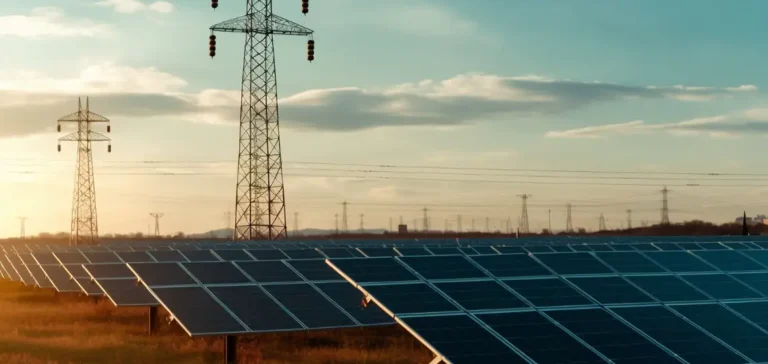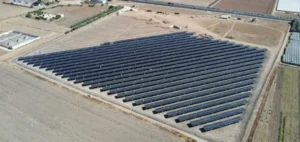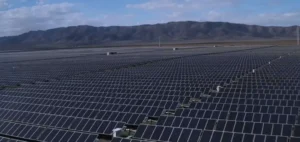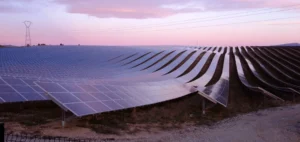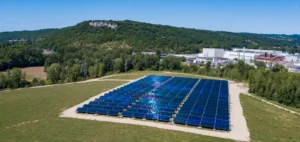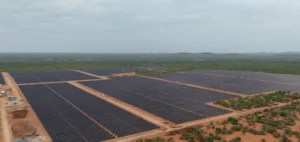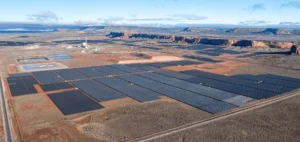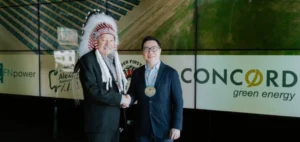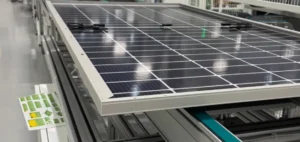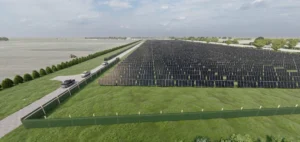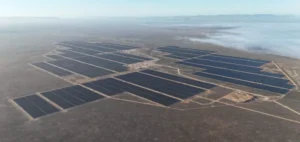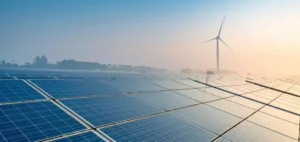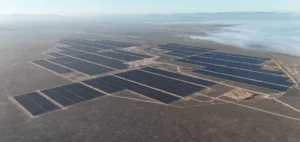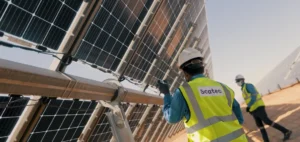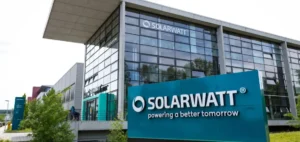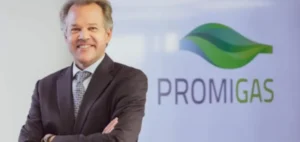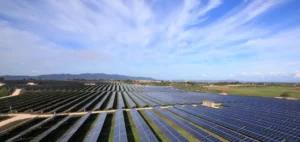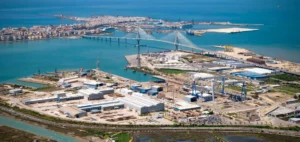Chinese solar module manufacturer Astronergy announced it has signed a cooperation agreement with Spanish company Global Energy Services Siemsa, S.A. (GES Siemsa), for the supply of its new ASTRO N8 module series. This marks the first global order for the product, disclosed at SNEC 2025, one of the world’s leading solar industry exhibitions.
First commercial breakthrough for ASTRO N8 in Europe
Under the agreement, deliveries will begin later this year to support a large-scale photovoltaic project in Spain. Developed by GES Siemsa, the project represents the commercial entry of the ASTRO N8 module into the European utility-scale solar market. The exact volume of the order and the financial details of the deal have not been disclosed.
The ASTRO N8 module features Tunnel Oxide Passivated Contact (TOPCon) cell technology combined with a G12 wafer design, aimed at increasing power output beyond 700Wp. According to Astronergy, these specifications provide system-level cost advantages, particularly suited to utility-scale applications.
Strategic positioning and development outlook
Astronergy’s Chief Marketing Officer, Samuel Zhang, stated that the initial order “demonstrates market confidence in our high-efficiency technology,” without giving a specific project deployment timeline. The partnership with GES Siemsa strengthens Astronergy’s commercial presence across the European continent, a region regarded as strategic for the group’s global ambitions.
Rodolfo Gonzalez Mata, representative of GES Siemsa, noted that the cooperation would enable “efficient energy solutions to be delivered to the Spanish market.” No further details were shared regarding other technical or financial partners involved in the project’s execution.
The SNEC exhibition, held in Shanghai, gathers thousands of solar industry stakeholders each year. Astronergy’s presence at the event and the announcement of this agreement with GES Siemsa highlight the deepening commercial ties between Chinese and European players in large-scale renewable energy projects.


